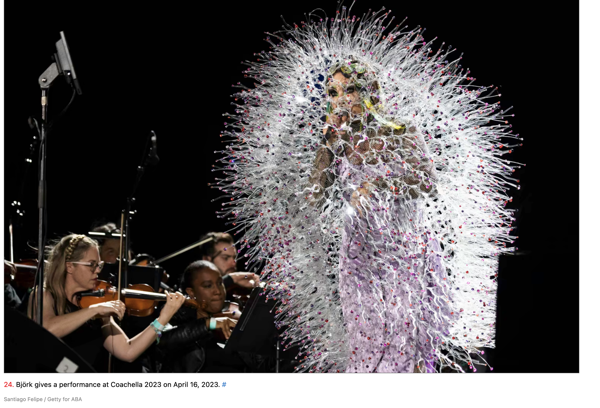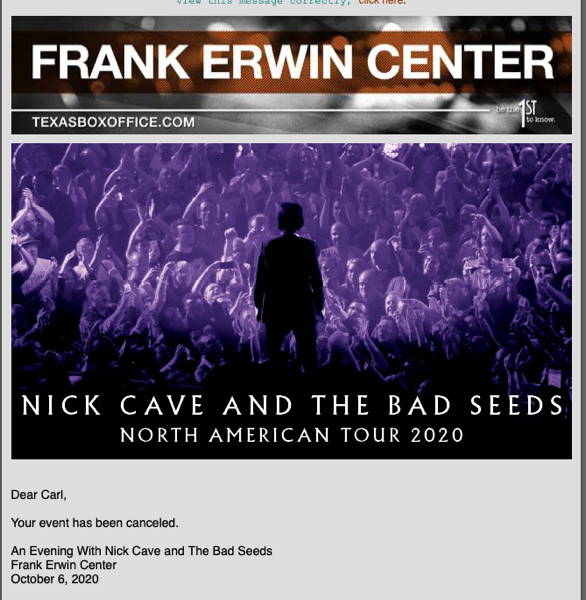Billy Joel had a hit in 1980 with “You May Be Right,” and shortly thereafter I bought my very first music: a copy of Glass Houses on 8-track.
In the last 45 years, I’ve bought a LOT of other music — a few others on 8-Track, a bunch on cassette, and then starting in 1988, a WHOLE LOT on CD. I didn’t start buying vinyl until about 20 years ago, and since that coincided with DRM-free digital and then all-you-can-eat streaming, vinyl collecting never reached the fever pitch of CD buying.
In all that time, though, the transaction was only ever “music to me, money to record shop.” There’s been attrition and loss, but I never sold anything.
Some of my college pals would occasionally sell one-hit wonder CDs or whatever, either because they didn’t want them cluttering up the collection or (more often) because they needed money. I never did, though. I still own award-worthy CDs like the second Blow Monkeys release, from 1986 (2.5 stars at Allmusic!). Whatever pittance the local shop would’ve given me for it wasn’t sufficient to forever lose the opportunity to hear “Diggin’ Your Scene” again, at least back in those scarcity-driven days.
I say “I never,” but of course the point of this message is that it was only “I never” until about 20 minutes ago, because I accepted $155 from Cactus for the culls from our vinyl collection.
It’s not that I don’t want to have those, and it’s not that we need the money; it’s that I don’t want to pay Mayflower to MOVE them.
Having received our first pack-and-move quotes, we are getting MUCH more aggressive about the pre-move purge.
And so: sic transit gloria mundi, eh?


